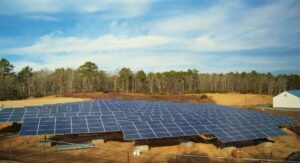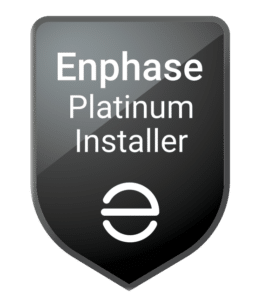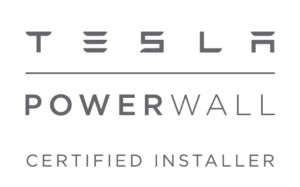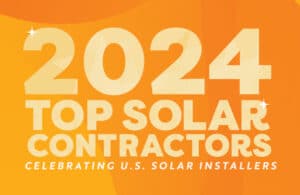
“We need to do a better job standing up to the utilities and the fossil fuel industry,” – Sen. Jamie Eldridge of Acton
On July 31st, 2018, the Massachusetts State legislature passed a new clean energy bill. The legislation is a small step in the right direction, but left plenty of room for improvement. Here, we break down the good and bad news for the state and solar customers, and outline the progress we hope you’ll help us fight for in the future.
Topline:
- The state’s renewable portfolio standard (RPS) will increase from 13% currently to 40% by 2030. (The RPS is the amount of energy legally required to be produced from renewable energy sources such as wind, solar, biomass, and geothermal.)
- The bill mandated additional energy storage, which will be a boon to solar batteries like our Sonnen devices.
- Eversource will need to re-file its demand charge with more clarity around how & when it will bill solar customers.
- Failure to lift net metering caps will cripple mid-to-large-scale commercial projects.
The good
RPS increase:
Currently, the law requires that companies selling electricity to MA customers to prove that 13% of their power comes from renewable sources. Formerly, that percentage increased 1% annually, but under this new legislation, it will increase by 2% annually for the next decade. It is unclear, however, how utilities will meet this target, given the slow permitting of offshore wind, NIMBY resistance to onshore wind, and now the barriers to larger solar installations due to static net metering caps.
What this means for you: The RPS growth rate increase might provide a boost for solar projects at the end of their SREC program term.
Battery Storage:
The bill increases the energy storage target from 200 megawatts to 1,000 megawatts by December 31, 2025. It also provides other incentives for storage development, like subsidies for developers who can produce clean energy when needed. Storage systems will likely play a key role, though mechanisms for reducing demand for electricity at peak periods will also qualify. Several senators said they were worried that the electricity from waste-to-energy plants could be used to meet the clean peak standard, which could mean that the state would be subsidizing what one senator called “dirty energy companies.”
What this means for you: Battery supply & demand should rise, resulting in better technology at lower price points. If you’re thinking of adding battery storage, the next couple of years will be the time to do it!
The “just-OK”
Eversource Demand Charge:
H.4857 will force Eversource to re-file its demand charge, but the language of the bill enables other kinds of demand charges. The new legislation allows a reliability charge, but only when it’s based on peak demand periods. Utilities will need to tell customers when those peak demand periods occur.
What this means for you: If you’re not an Eversource customer, you won’t be immediately affected. However, now other utility companies could start unfairly charging solar customers. This is something we need to continue to fight tooth & nail!
The bad
Net metering:
The legislation chose to leave net metering caps in place. This is a needless barrier to larger-scale solar adoption.
What this means for you: The large majority of the residential market is exempt. But this is a big problem for commercial, industrial, government, and non-profit installations, at least until the new Alternative On-Bill Credit (AOBC) is instituted through the state’s SMART program.
“It’s terrible.” –Rep. Frank Smizik, chairman of the House Committee on Global Warming and Climate Change, regarding the new energy bill
In summary…
The bill is less comprehensive and less solar-friendly than we’d like to see, but any step is progress. We’ll continue to fight Eversource’s demand charge and net metering caps, and hope you’ll join us in voting for elected officials that will fight these unfair (or archaic) issues too!
Sources:





